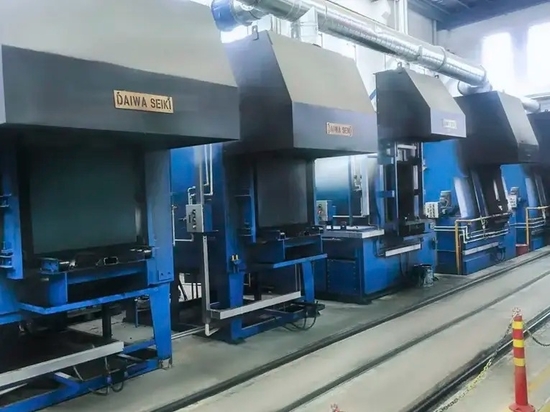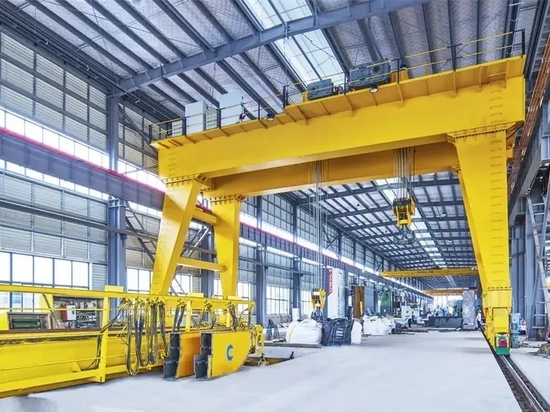
#Industry News
The Thermal Conductivity Of Alloy Molding Frames In Three-Cylinder Engines Of Fuel Cars Is A Vital Characteristic That Helps Manage Heat Effectively Within The Engine
The Thermal Conductivity Of Alloy Molding Frames In Three-Cylinder Engines Of Fuel Cars Is A Vital Characteristic That Helps Manage Heat Effectively Within The Engine
Thermal conductivity is an important characteristic of alloy molding frames, particularly for three-cylinder engines in fuel cars. Here's an overview of this specific characteristic:
Excellent Heat Transfer: Alloy molding frames, often made of aluminum alloys, exhibit excellent thermal conductivity. This means they can efficiently transfer heat away from the areas where it is generated, primarily the combustion chambers within the cylinder bores. Efficient heat transfer is crucial to prevent the engine from overheating, which can lead to performance issues and damage.
Heat Dissipation: During the combustion process, temperatures within the engine can become extremely high. The alloy molding frame's ability to conduct heat away from critical engine components, such as the cylinder walls and pistons, helps dissipate this heat. Effective heat dissipation helps maintain optimal operating temperatures, which is essential for engine efficiency and longevity.
Reduced Hot Spots: Uniform thermal conductivity across the engine block helps prevent the formation of hot spots. Hot spots can lead to uneven expansion of engine components, potentially causing warping, leaks, or other damage. By spreading heat evenly, the alloy molding frame reduces the risk of such issues.
Improved Combustion Efficiency: A well-cooled engine is more likely to maintain consistent and efficient combustion. When heat is managed effectively, the fuel-air mixture ignites more predictably, leading to better fuel combustion efficiency and overall engine performance.
Enhanced Cooling System Efficiency: Effective heat transfer also benefits the engine's cooling system. The coolant circulating through the engine can absorb and carry away heat more efficiently when the alloy molding frame has good thermal conductivity. This ensures that the engine stays within its optimal temperature range.
Lightweight Design: In addition to its heat conductivity benefits, aluminum alloy frames are lightweight compared to cast iron counterparts. This not only contributes to better fuel efficiency but also means that there is less thermal mass to heat up, resulting in quicker warm-up times during cold starts.
Heat Resistance: While aluminum alloy frames have excellent thermal conductivity, they are also designed to withstand high temperatures without deforming or warping. This balance between heat transfer and heat resistance is crucial for maintaining structural integrity.
Thermal Expansion: Alloy molding frames are engineered to have a controlled and predictable rate of thermal expansion. This ensures that components like pistons and cylinder liners expand and contract uniformly as temperatures change, minimizing the risk of damage due to thermal stresses.
In summary, the thermal conductivity of alloy molding frames in three-cylinder engines of fuel cars is a vital characteristic that helps manage heat effectively within the engine. It contributes to engine efficiency, prevents overheating, and ensures the longevity of critical engine components. Manufacturers carefully select materials and design engine blocks to optimize these thermal properties for specific performance and durability requirements.





